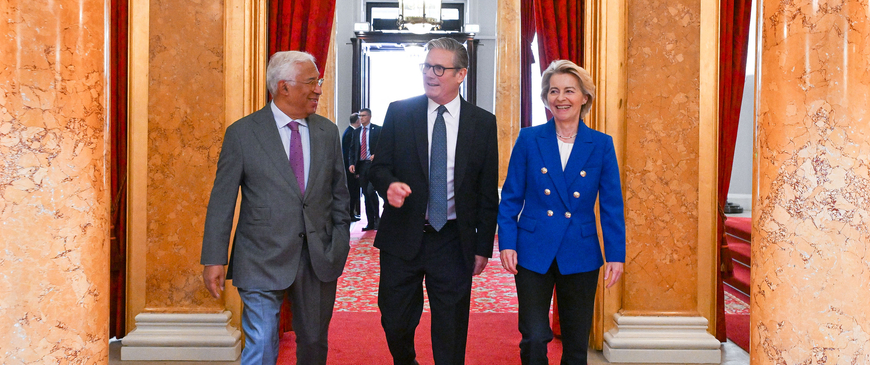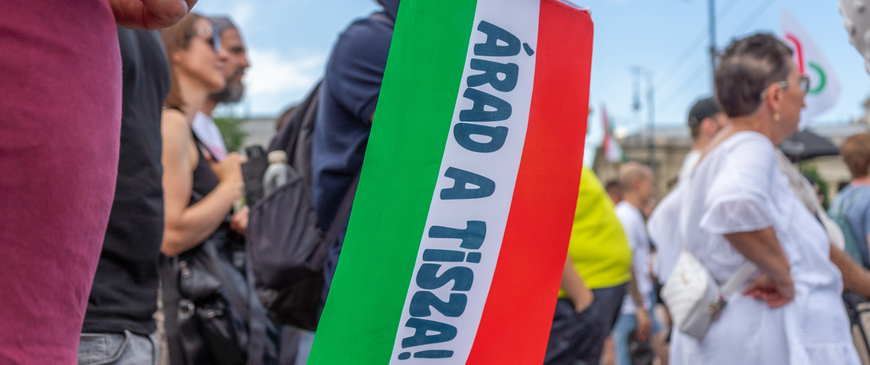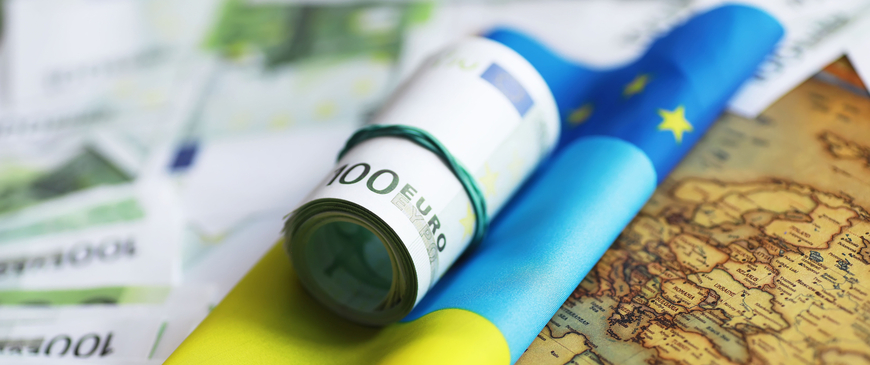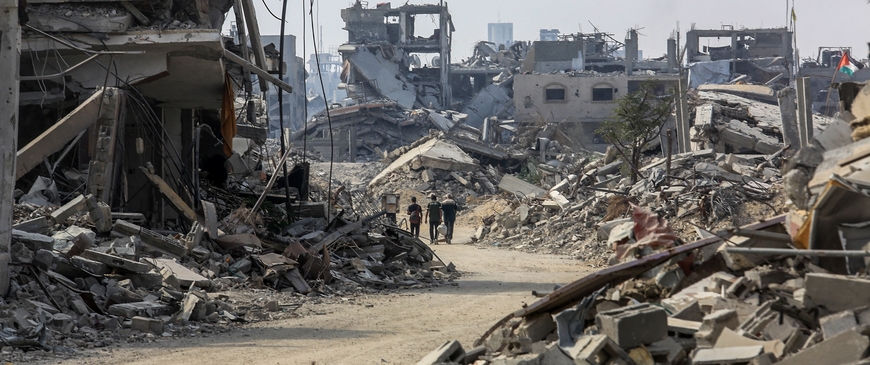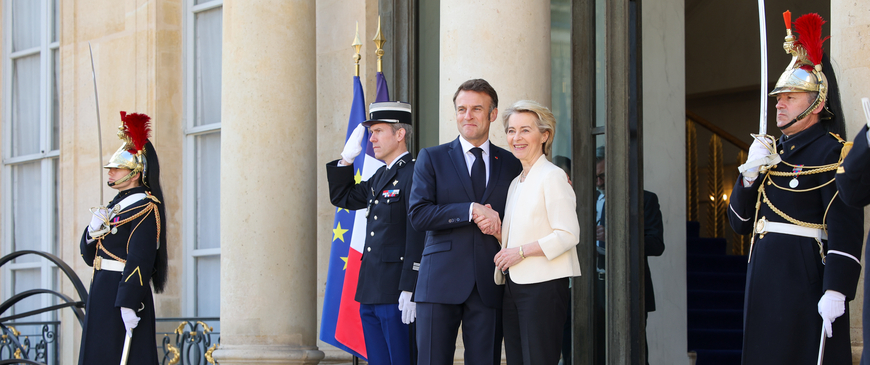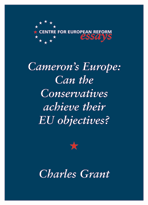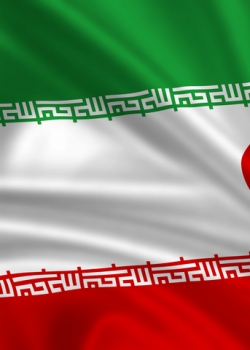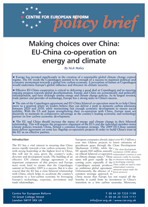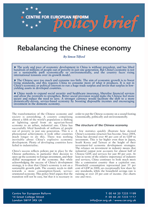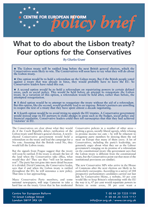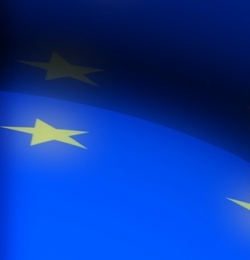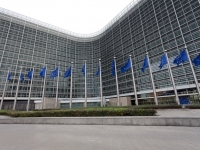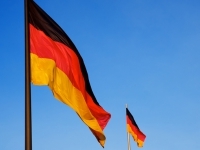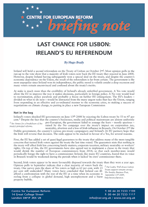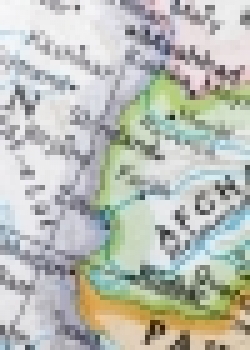Research
Cameron's Europe: Can the Conservatives achieve their EU objectives?
01 December 2009
David Cameron, the leader of Britain's Conservatives and perhaps its next prime minister, has unveiled a new strategy for the European Union.
Issue 69 - 2009
27 November 2009
- An open letter to David Cameron, Charles Grant
- Sharing the burden of a weaker dollar, Simon Tilford
- Ukraine and the EU: A vicious circle?, Tomas Valasek
Last hooray for the EU on Iran?
25 November 2009
When the EU's first 'foreign minister', Cathy Ashton, starts work on December 1st, she will find Iran on top of her 'to do' pile. Earlier this week, Tehran turned down a proposal from the International Atomic Energy Agency (IAEA) that would have seen a large part of the country's stock of uranium moved out of the country for further enrichment.
What Eastern Europe can learn from the crisis
11 November 2009
It is 20 years since the Berlin Wall crumbled and political and economic freedom started spreading through Eastern Europe. Today, however, the region is mired in deep recession.
NATO, Russia and European security
06 November 2009
Countries in Europe's east and north worry that Moscow is blundering into a confrontation with NATO. They have begun demanding that the alliance start preparing for a possible conflict. But are they right to be concerned?
Is Turkey Iran's friend?
04 November 2009
Is Turkey really Iran’s “friend”, as Recep Tayyip Erdogan claimed in a recent interview with the Guardian newspaper? Erdogan’s visit last week to Tehran suggests so.
Making choices over China: EU-China co-operation on energy and climate
02 November 2009
The EU needs China to move rapidly towards a low carbon economy. Even with strong leadership at the highest level in China, this will not be easy, given the country's scale, diversity and development needs.
Rebalancing the Chinese economy
02 November 2009
China's economy and society are undergoing an extraordinary transformation, with hundreds of millions of people escaping poverty in record time. But the country's development model is not sustainable economically or politically.
What to do about the Lisbon treaty? Four options for the Conservatives
02 November 2009
The Lisbon treaty will be in force before the next British general election, which the Conservatives seem likely to win. The Conservatives will need to tell the world what they intend to do about a treaty they have vehemently opposed. Charles Grant's policy brief outlines four options for the Conservatives:...
President Lamy?
20 October 2009
EU leaders are racking their brains to come up with candidates for the future presidency of the European Council. The job, to be created by the nearly-ratified Lisbon treaty, will replace a system whereby the EU is 'led' by a different national leader every six months.
Greece: Nowhere to hide
08 October 2009
The Greek economy is on a very dangerous course. Unless the government takes steps to boost productivity and strengthen public finances, Greece faces a bleak future.
The Czechs will probably ratify the Lisbon treaty this year
02 October 2009
Any prediction about the timing of the Czech Republic’s ratification of the Lisbon treaty must be heavily qualified; politics in Prague are so complex and opaque that many Czechs find it hard to understand what is going on.
Europe leaves behind the era of treaty change
01 October 2009
Ireland’s decisive yes to the Lisbon treaty is likely to spur Poland and – after some delay – the Czech Republic to ratify. The Lisbon treaty will probably enter into force early next year, and that is good news for the EU, in three ways.
First, the EU will move on...
First, the EU will move on...
Europe's imbalanced response to the financial crisis
01 October 2009
Since last year, politicians and regulators across the G20 have been hard at work trying to place the international financial system on a more stable long-term footing. Many critics believe they are not doing enough.
Britain must pool defence capabilities
01 October 2009
Britain’s current approach to defence is unsustainable. Ambitious operations in Afghanistan and Iraq, coupled with expensive weapons programmes, have fed a defence budget deficit that is forecast to be £2 billion a year by 2011-2012.
Westerwelle for finance minister
29 September 2009
Guido Westerwelle is the undisputed winner of Sunday’s election in Germany. His Liberal Democratic Party (FDP) attracted almost 15 per cent of the vote, its highest share ever. Angela Merkel will remain chancellor although her Christian Democratic Union (CDU) did slightly worse than in the 2005 election.
Issue 68 - 2009
25 September 2009
- Europe leaves behind the era of treaty change, Charles Grant
- Europe's imbalanced response to the financial crisis, Philip Whyte
- Britain must pool defence capabilities, Clara Marina O'Donnell
Talk of 'exit' is premature
22 September 2009
The governor of the Bank of England (BoE), Mervyn King, has had a mixed financial crisis. He assumed that financial stability flowed from monetary stability – which we now know is not the case – and was very slow to recognise the extent of the crisis.
Last chance for Lisbon: Ireland's EU referendum
22 September 2009
Ireland will hold a second referendum on the Treaty of Lisbon on October 2nd 2009. Most opinion polls in the run-up to the vote show that a majority of Irish voters now back the EU treaty they rejected in June 2008.
The dangers of Karzai’s re-election
10 September 2009
The final result of the Afghan election may not be known until the end of September, but it looks as if President Hamid Karzai will have done well enough to avoid a second round of voting.

